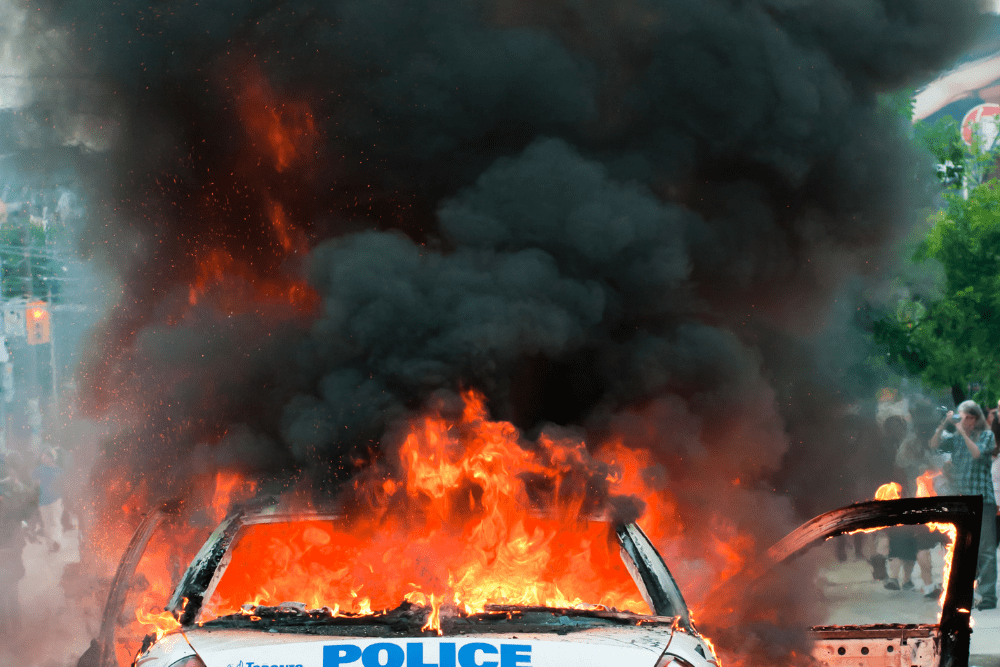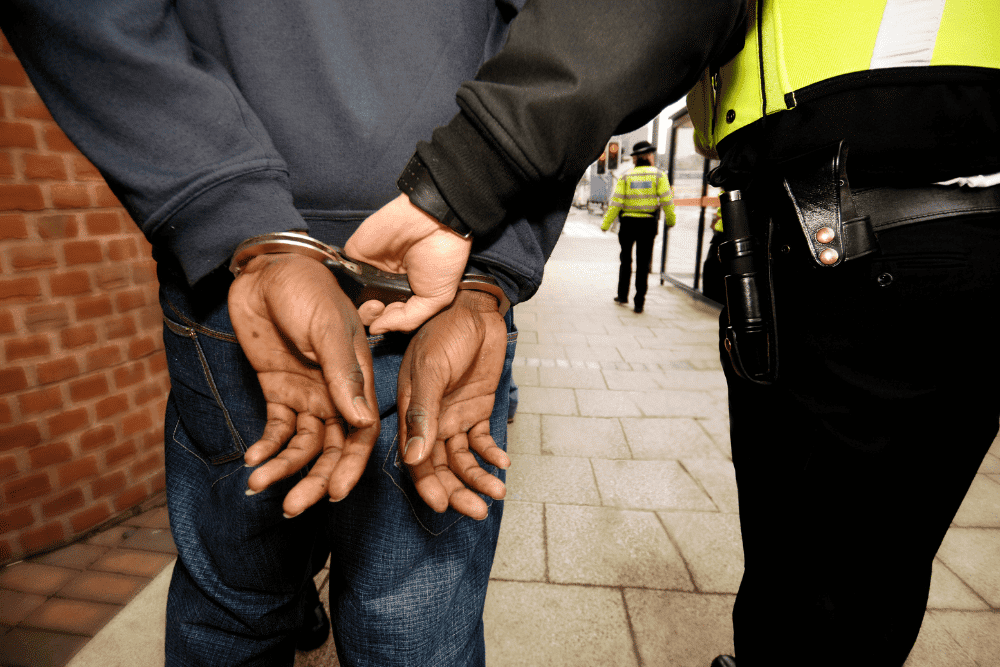Protests and other forms civil disobedience have been in the news lately. When such events result in property damage or injuries to other people, suspects have increasingly been subject to federal civil disorder charges.
This past May a Pennsylvania man pleaded guilty to conspiracy and obstruction of law enforcement during a civil disorder event. The charges stemmed from his participation in the George Floyd protests in 2020.
He faces additional charges in state court, as well, including criminal mischief, institutional vandalism, and riot.
On the other side of the country, an Indiana man was charged with civil disorder and obstructing law enforcement, possession of an unregistered firearm, and using explosives to commit a federal felony for his part in the violent Portland, Oregon protests of last summer. He stands accused of throwing an explosive toward police and smashing windows during the protests.
So, what exactly do civil disorder charges mean?
Recent Use of the Federal Civil Disorder Statute
The Civil Disorders statute (18 US Code Chapter 12) was enacted in 1968, a time marked by unrest over civil rights and the Vietnam War. It has rarely been used since Nixon was in office, but in 2020 it came back in a big way — the statute was used in at least two dozen cases across the United States. Cities where federal civil disorder charges have been levied include Philadelphia, Houston, Boston, Chicago, and Portland, Oregon.
Use of the federal civil disorder statute is somewhat controversial. Some lawyers believe that these types of federal charges are unnecessary, saying that state and local courts can handle these cases well enough.
Types of Federal Civil Disorder Behaviors
There are several kinds of behaviors that can result in federal civil disorder charges being levied against a defendant:
- Teaching or demonstrating to any other person the use, application, or making of any firearm or explosive or incendiary device, or technique capable of causing injury or death to persons, knowing or having reason to know or intending that the same will be unlawfully employed for use in, or in furtherance of, a civil disorder which may in any way or degree obstruct, delay, or adversely affect commerce or the movement of any article or commodity in commerce or the conduct or performance of any federally protected function;
- Transporting or manufacturing for transportation in commerce any firearm, or explosive or incendiary device, knowing or having reason to know or intending that the same will be used unlawfully in furtherance of a civil disorder; and
- Committing or attempting to commit any act to obstruct, impede, or interfere with any fireman or law enforcement officer lawfully engaged in the lawful performance of his official duties incident to and during the commission of a civil disorder which in any way or degree obstructs, delays, or adversely affects commerce or the movement of any article or commodity in commerce or the conduct or performance of any federally protected function.
The penalties for federal civil disorder include heavy fines and imprisonment for as long as five years.
An interesting side note: the law does not apply to law enforcement officers who are lawfully performing their official duties.
Protesting is a right that U.S. citizens have under the First Amendment of the Constitution, but it is possible to be arrested and charged under federal law if you engage in any of the behaviors outlined above. A reputable attorney with experience in the federal courts can help you mount a defense if you are arrested, but it’s best to avoid such situations in the first place by protesting peacefully and nonviolently.





